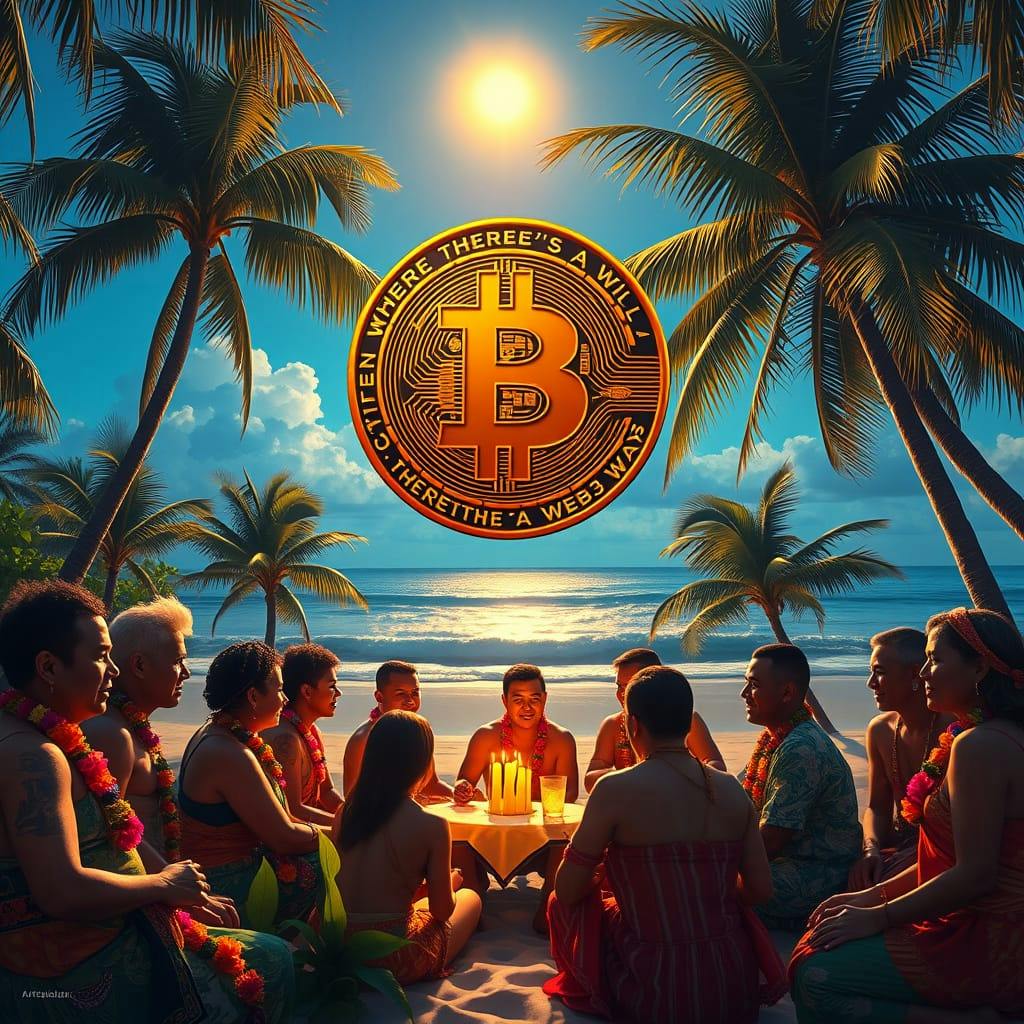Hackernoon
1M
189

Image Credit: Hackernoon
Where There's a Will, There's a Web3 Way
- The vision of making Tonga the Web3 Tech Hub of the Pacific represents a new form of sovereignty beyond traditional political structures.
- Blockchain technology, exemplified by Bitcoin, operates independently of governmental approval, showcasing digital sovereignty outside conventional power structures.
- Web3 technologies offer options beyond governmental approval, illustrating the distributed nature of blockchain innovation.
- Pacific nations like Fiji, Samoa, and Tonga share common challenges that make the region fertile ground for Web3 innovation.
- Web3 technologies thrive outside bureaucratic structures, enabling border-less financial systems, distributed governance models, asset tokenization, and self-sovereign identity solutions.
- Systems like cross-island remittance networks and self-sovereign identity can develop outside official frameworks, highlighting the adaptability of Web3 innovations.
- El Salvador's adoption of Bitcoin and grassroots Bitcoin communities demonstrate the practical value of distributed systems preceding official recognition.
- The distributed nature of Web3 technologies renders geographic borders irrelevant, allowing for implementation within or outside government structures.
- The roadmap for Web3 transformation in the Pacific remains consistent, focusing on digital infrastructure, economic innovation, community empowerment, and pre-parliamentary preparation.
- Web3's unstoppable nature, as seen in Bitcoin's resilience, emphasizes the power of distributed systems functioning independently of centralized control.
Read Full Article
11 Likes
For uninterrupted reading, download the app